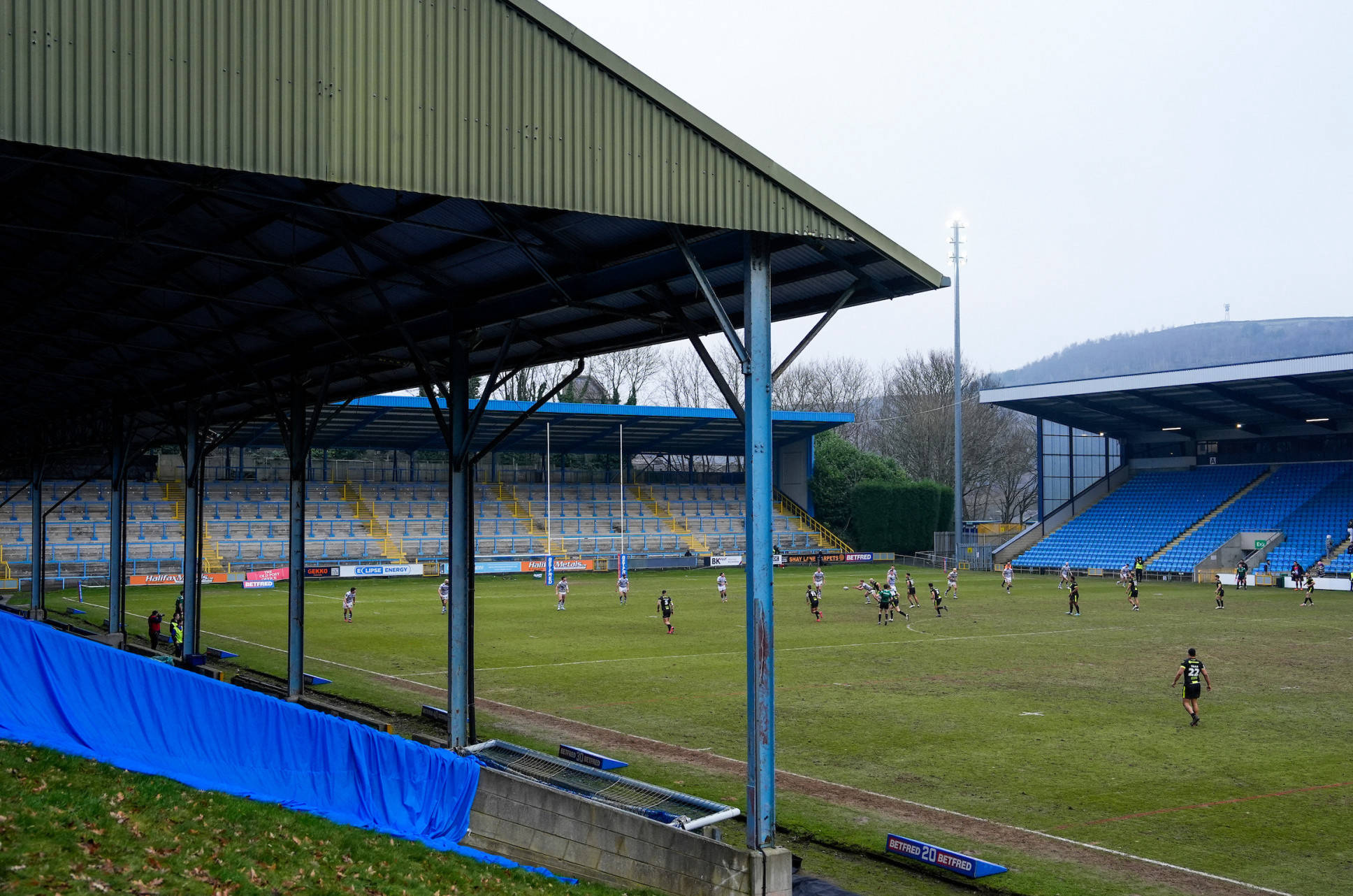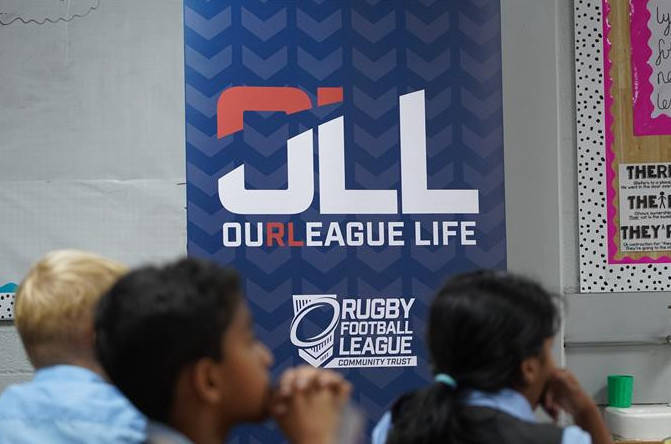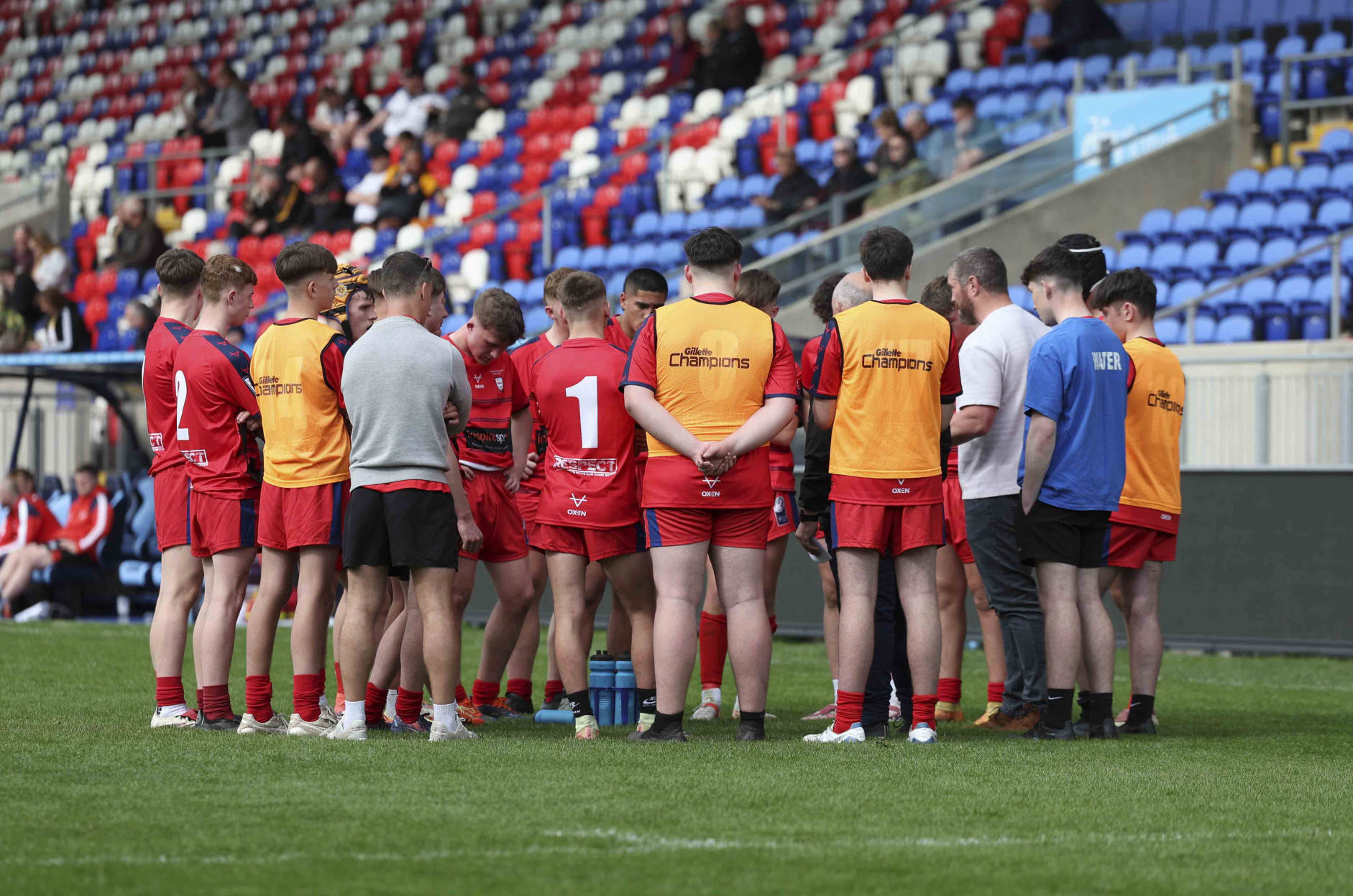
An IRL board meeting in Singapore has agreed to a new calendar to 2030 aimed at capitalising on the growth of the international game.
An inaugural Pacific Championships in the Southern Hemisphere - featuring Australia, Cook Islands, Fiji, New Zealand, Papua New Guinea and Samoa - and Tonga’s historic series against England in the Northern Hemisphere will signal the start of an exciting new era.
The development of Tri-Nations or Four Nations tournaments in the Northern Hemisphere and Southern Hemisphere will be key features of the first five years of the International Calendar.
There will also be more international tours, with the return of the Ashes in 2025 when England Men’s and Women’s team travel to Australia. The Kangaroos and Kiwis will head north to play England in later years.
The next Rugby League World Cup for Men’s, Women’s and Wheelchair teams has been moved to 2026 and will be staged in the Southern Hemisphere after France’s withdrawal as hosts for the scheduled 2025 tournament.
A stand-alone Women’s World Cup will be staged in 2028, with the next Men’s World Cup, after RLWC2026, to be held in 2030.
Regional Championships and World Cup qualifying tournaments for the Americas, Asia-Pacific, Europe and Middle East-Africa will take on greater emphasis, while a new World Series format is also being developed.
Further details about those tournaments and other international fixtures in the next five years will be announced by participating nations in coming weeks after consultation with IRL member nations.
There will also be announcements about the International Calendar beyond 2027 during the international window later this year.
IRL Chair Troy Grant said: “It is no secret that the Achilles heel for international rugby league for far too long has been the absence of an International Calendar.
“The ad hoc nature of tournaments and international matches, and the absence of any clarity for nations, players and fans to plan their seasons, is over.
“The International Calendar respects player workloads and importantly also reduces the impact on professional clubs.
“The standards have improved dramatically in recent years regarding player welfare and player workload issues, and they were key considerations in the calendar design.
“After we secure the future of international rugby league, our calendar will help rejuvenate and allow the game to grow globally, recognising the elite in our game and providing pathways for development of the game across all levels.
“I saw first-hand during RLWC2021 in England last year how much it means for players in each of our three disciplines to be able to represent their country of birth or heritage, put on that jersey and play with such pride for their family and nations.
“I couldn’t be happier that we have finally arrived with our much-anticipated calendar. It’s been frustrating and I’ve shared the frustrations of fans, our nations, our clubs and the game broadly that we have failed to realise the potential the international game offers.
“Our calendar will allow us firstly to secure the future of international rugby league, with quality and consistent matches that are competitive, build on traditional rivalries and showcase the greatest game on earth.
The Ashes return, with England Men’s and Women’s teams to tour Australia in 2025, while international tours are back, with Tonga heading to England in 2023 in an historic start to the new era.
“We have had some well-known legacy issues and world impacting events that have disrupted and destabilised our best efforts but its onwards and upwards from here.
“I want to sincerely thank the Chairs of the Australian Rugby League Commission, England’s Rugby Football League, the Asia-Pacific and European confederations, and the New Zealand Rugby League for their contributions and coming together for the good of the game to make our calendar a reality.”




